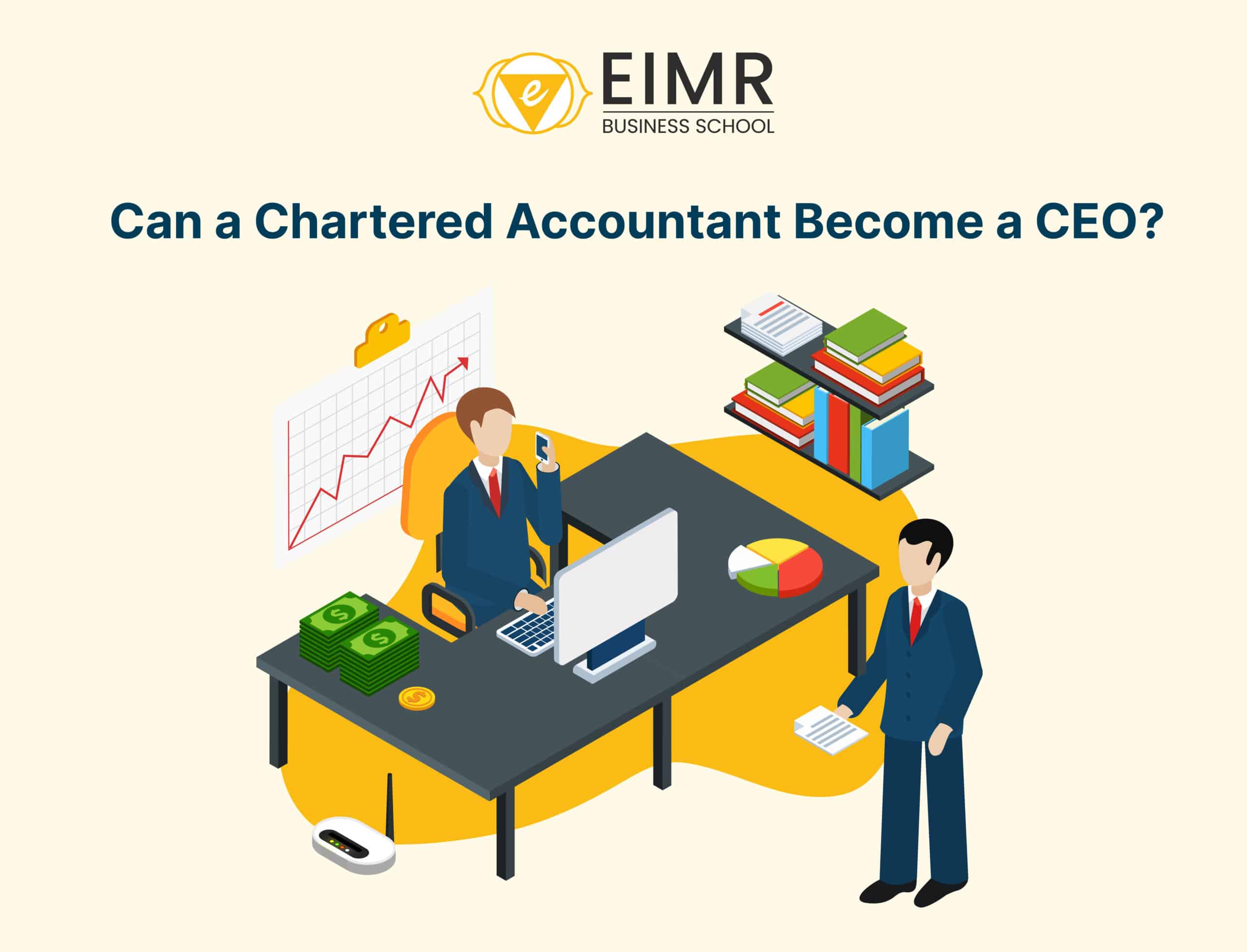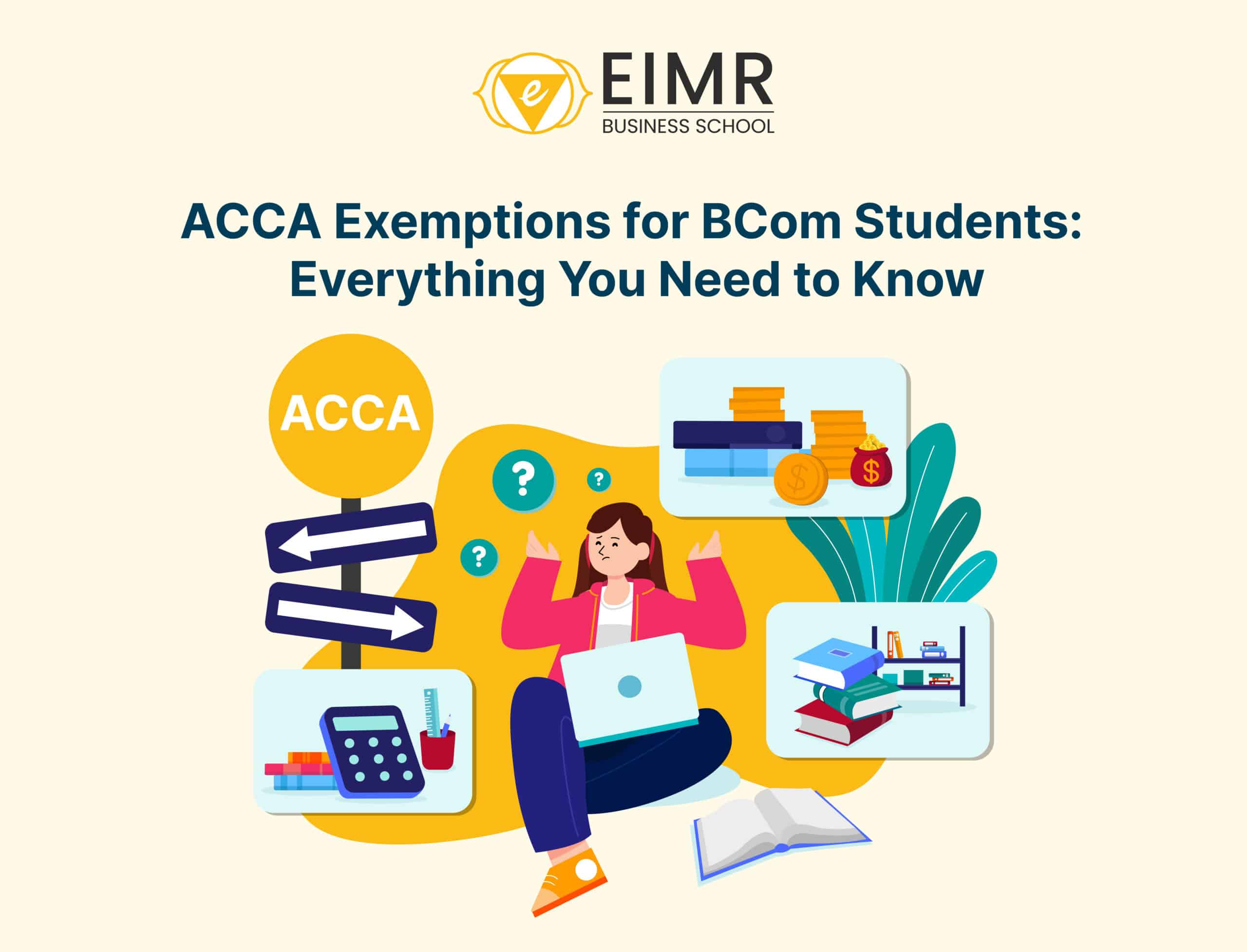“Pursue a stable degree and aim for a stable and predictable job.” This was the conventional counsel given to students about to complete their 12th grade in school. The inception of technology, globalisation, and an ecosystem that values innovation tells us that the world is changing, and now entrepreneurship has emerged as a genuine and powerful career path. This leads us to the understanding that parents have a critical role to play in supporting their child’s dream of becoming a successful business owner after finishing school.
Why Entrepreneurship After 12th Matters?
The current era presents boundless opportunities for innovation. Students will have the upper hand as they will have the time to learn, fail, experiment, and grow. We have seen powerful examples of student-led startups that began in dorm rooms or garages and went on to reshape people’s lives.
Slowly and steadily, the education industry is taking notice of the world of startups and is opening up opportunities for young aspiring business owners. Entrepreneurship programmes are being offered in select colleges where academic foundations combine with business practice in the real world. EIMR Business School is the institution that gives students the platform, mentorship, and access to seed funding.
What Does Entrepreneurship Actually Teach?
Practical skills like critical thinking, financial literacy, and strategic decision-making are gained through pursuing entrepreneurship as a programme. Students learn how to write business plans, understand risk factors, practise pitching, and create marketing strategies. However, we don’t realise that entrepreneurship is first a mindset, then everything else.
Along with soft skills such as leadership, communication, and teamwork, in today’s digital-first world, young entrepreneurs attain familiarity with AI, e-commerce, and digital marketing, which are essential tools for any contemporary business owner. These skills are not just applicable in business but in life.
Experiential learning is the real difference between a conventional degree and an entrepreneurship-focused programme.
Students get the elbow room to work on live industry projects, join internships at startups, participate in hackathons, and pitch their own business ideas.
Taking the knowledge out of classrooms and into the marketplace is what gives students the confidence to do so by the time they graduate, because of these experiences, the kind of experiences that most professionals gain after years of work.
Avenues For Business Owners After 12th
Inspirations and Success Stories
Concluding Remarks
Evaluating innovation, finance, and digital business, looking at the curriculum of the entrepreneurship program, is important, as not all entrepreneurship programs are created equal. Global exposure is similarly important. Many of the best programs include immersion trips, exchange opportunities, and international mentorship that aid students in seeing business through a global lens. The best programmes prepare students to lead with vision.
Nurturing your child’s mindset, fuelling their ambition, and equipping them with the right ecosystem is vital, as supporting your child’s dream to become a business owner after 12th is more than just picking a degree. By backing them now, you’re helping them step confidently into a world of courage, creativity, and innovation.







